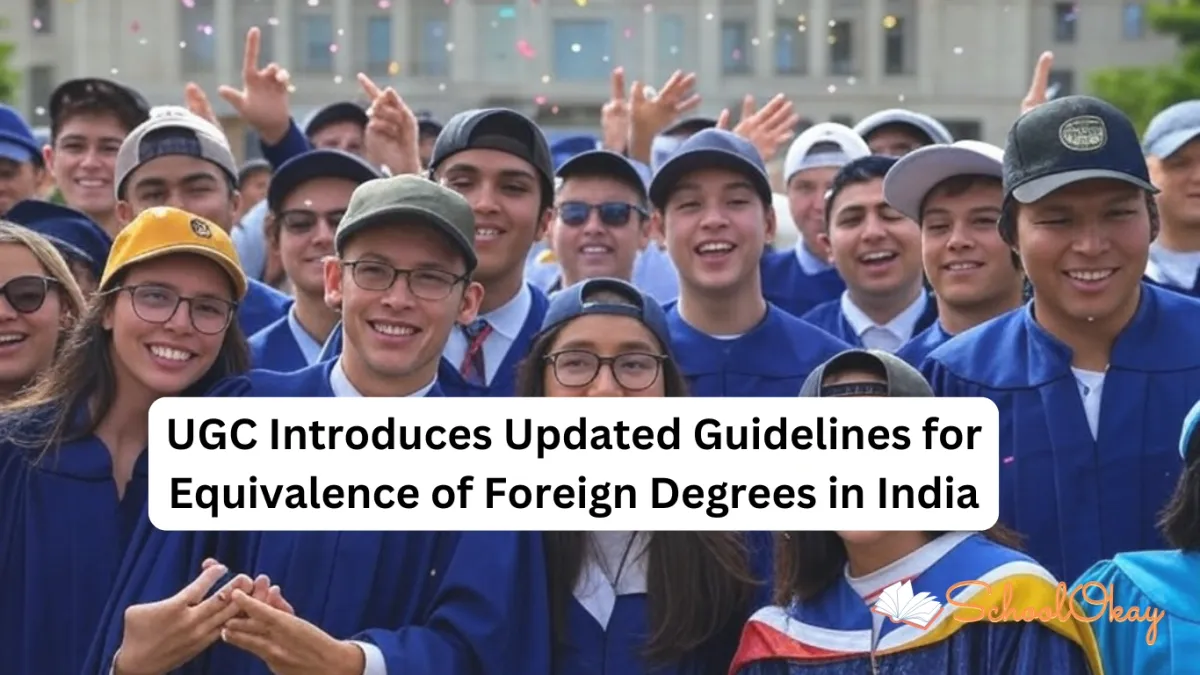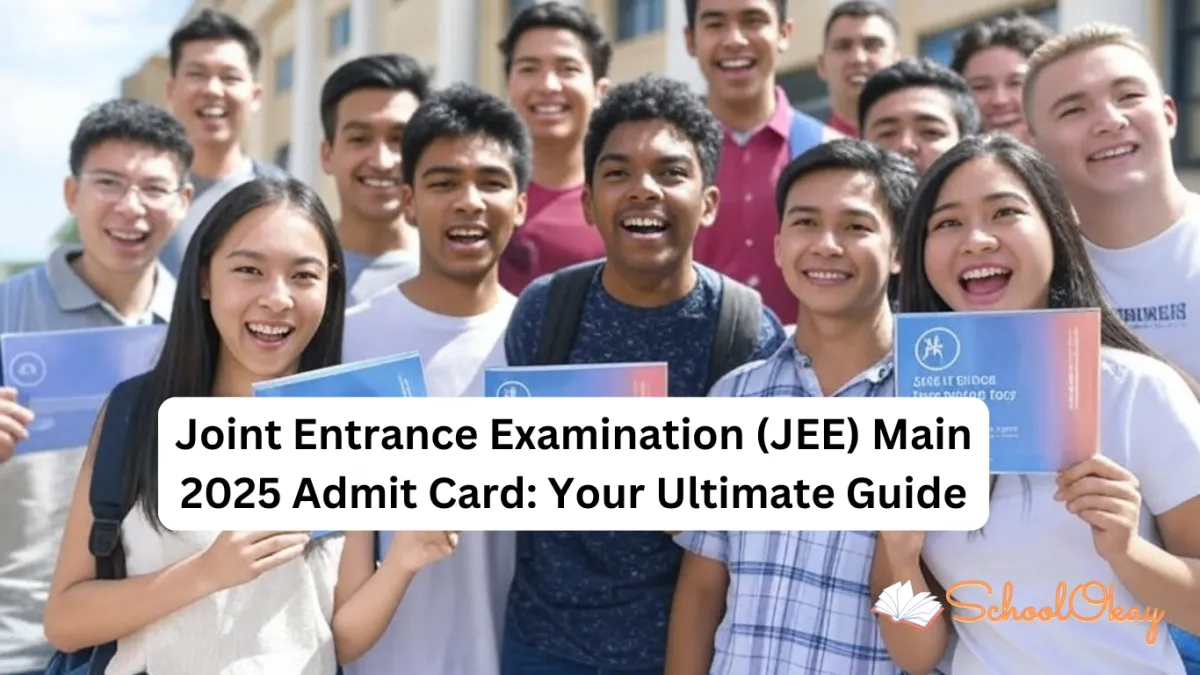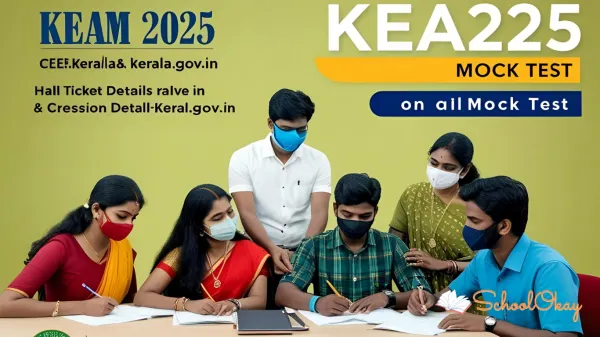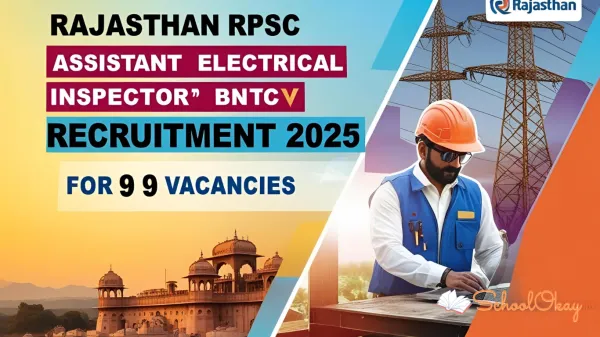UGC Introduces Updated Guidelines for Equivalence of Foreign Degrees in India: Application Process and Key Details
Alright, big news for anyone with a foreign degree eyeing opportunities in India! On April 4, 2025, the University Grants Commission (UGC)

Alright, big news for anyone with a foreign degree eyeing opportunities in India! On April 4, 2025, the University Grants Commission (UGC) rolled out its shiny new UGC (Recognition and Grant of Equivalence to Qualifications Obtained from Foreign Educational Institutions) Regulations, 2025. Yeah, it’s a mouthful, but stick with me—this is a game-changer. It’s all about making life easier for Indian students coming back with overseas degrees, and it’s got the National Education Policy (NEP) 2020 vibes written all over it.
Let’s break it down.
Goodbye Chaos, Hello Clarity
For years, figuring out if your foreign degree was legit in India was a mess. The Association of Indian Universities (AIU) used to handle it, but let’s be real—it was slow and patchy and left people hanging. Now, the UGC is stepping up with a proper system. They’ve launched an online portal (fancy, right?) where you can apply for equivalence, and they promise to sort it out fast -10 days for the experts to review, 15 days total for a yes or no. If you’re unhappy with the call, a Review Committee will fight your case. UGC Chairperson M. Jagadesh Kumar put it straight: “This is about transparency and keeping things simple for students.” Fair enough.
The UGC didn’t just whisper this into the void—they blasted it out on X. Their official handle (@ugc_india) tweeted on April 4: “UGC releases the Recognition and Grant of Equivalence to Qualifications obtained from Foreign Educational Institutions, Regulations, 2025. Check it out: link.” So, yeah, it’s official and out there.
What’s the Deal with These Rules?
Here’s the gist: your foreign degree needs to come from a legit, recognized institution in its home country, and you should’ve earned it the old-school way—full-time, in-person. Doctoral and post-doctoral stuff gets a pass on that last bit, though. The UGC are looking at your curriculum, credits (they’ll flex up to 10% difference), and how you were graded—think theses or projects—to see if it matches Indian standards. But don’t try sneaking in a degree from some sketchy franchise setup or an honorary piece of paper. That’s a hard no.
Oh, and heads-up: this doesn’t cover pro degrees like Medicine, Law, or Nursing. Those are still handled by their own bigwigs—like the National Medical Commission. Also, if you’ve got a twinning or dual degree thing approved by the UGC already, you’re golden—no extra hoops here.
For the school crowd, it’s good news, too. Did you spend 12 years abroad? If it’s from a recognized place, you’re set to jump into undergrad programs in India. No more “sorry, we don’t get your diploma” nonsense.
How to Get It Done
The whole process is online—submit your docs, pay the fee, and wait for the magic to happen. The Indian Express summed it up on April 7: “These certificates are your ticket to higher education, research, or jobs needing UGC-approved degrees” (link). A Standing Committee of brainiacs checks your stuff, and boom—15 days later, you’ve got your answer, all digital and official. Someone on X,@vishu_reports, nailed it on April 5: “UGC’s new regulation streamlines recognizing foreign degrees. I report for @ANI link.” It’s slick, it’s quick, and it’s about time.
Why This Matters (NEP 2020 Alert!)
This isn’t just random bureaucracy—it’s tied to India’s big dreams under NEP 2020. With over 1.3 million Indian students studying abroad and foreign universities popping up here (hello, GIFT City), we needed a fix. Kumar said it best: “If we want global students, we’ve got to play fair with their degrees too.” It’s a two-way street—help returning Indians and make India a hotspot for international learners.
The UGC’s basically flexing here. They took over from AIU, cooked this up after feedback on a 2023 draft, and dropped a proper framework. The Times of India quoted Kumar on April 5: “First time UGC’s laid out a full-on regulation for this” (link). It’s a big shift, and people are noticing.
What’s in It for You?
If you’re a student, this is a clutch. No more guessing if your degree works for grad school or that government job. The certificate you get is good everywhere UGC creds matter. Especially if you studied somewhere off the radar, as long as it’s “reasonably reputed” and legit, you’re in. For unis, it’s a win too—it's easier to onboard diverse students without the headache.
But—plot twist—they ditched online and distance degrees from the plan. The 2023 draft had them, but feedback flipped it. Might ruffle some feathers with how big remote learning’s gotten worldwide.
The Catch (There’s Always One)
Not everything’s rosy. If you’ve got a medical or law degree, you’re still stuck with the old council rigmarole. And degrees from dodgy setups? Nope, not happening.@nitishmisron X laid it out on April 6: “New UGC rules, effective April 4, cover non-professional degrees only—no online, distance, or pro stuff like Medicine” (link). It’s tight, but it keeps the junk out.
Where’s This Going?
This is India saying, “We’re ready for the global stage.” The Hindu put it on April 5: “It’s a fix for a long-time issue and screams NEP 2020’s global hub goal” (link). The online system’s a fresh start, and if they pull it off right, it could be huge. Students coming back won’t get screwed by red tape, and India might just look more tempting to the world’s learners.
So, yeah, the UGC Regulations, 2025, are a solid move. It’s all about cutting the crap—fast decisions, clear rules, and a nod to the future. Whether you’re a student, a professor, or just watching from the sidelines, this is worth keeping an eye on. The portal’s live; the clock’s ticking—let’s see how it plays out.
Here are other articles you can check out:



Thanks for supporting our work by sharing with more students.








